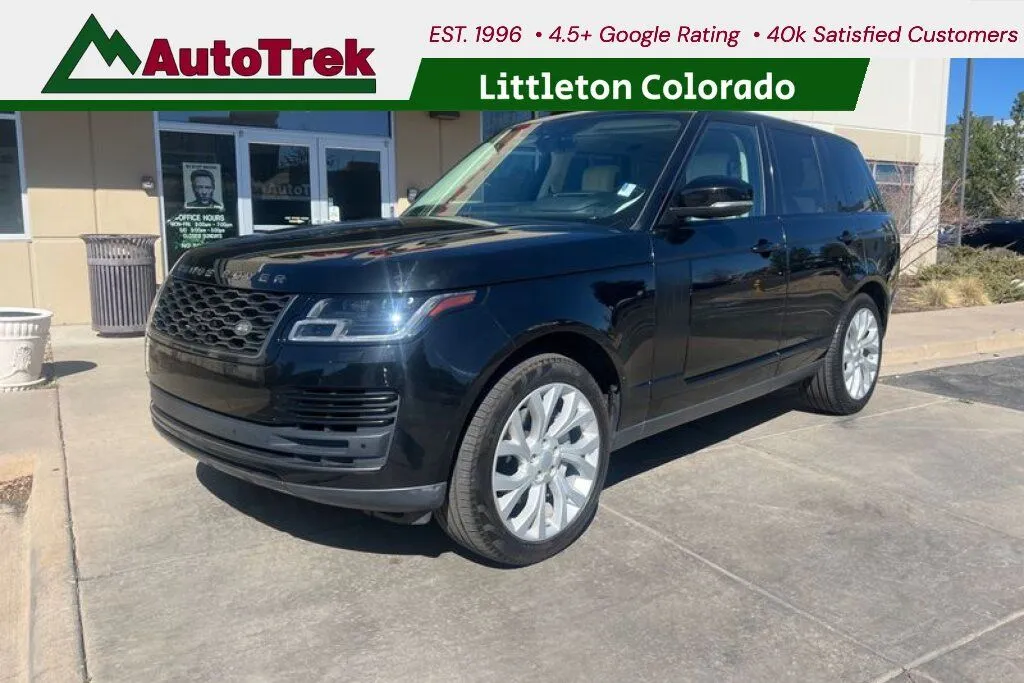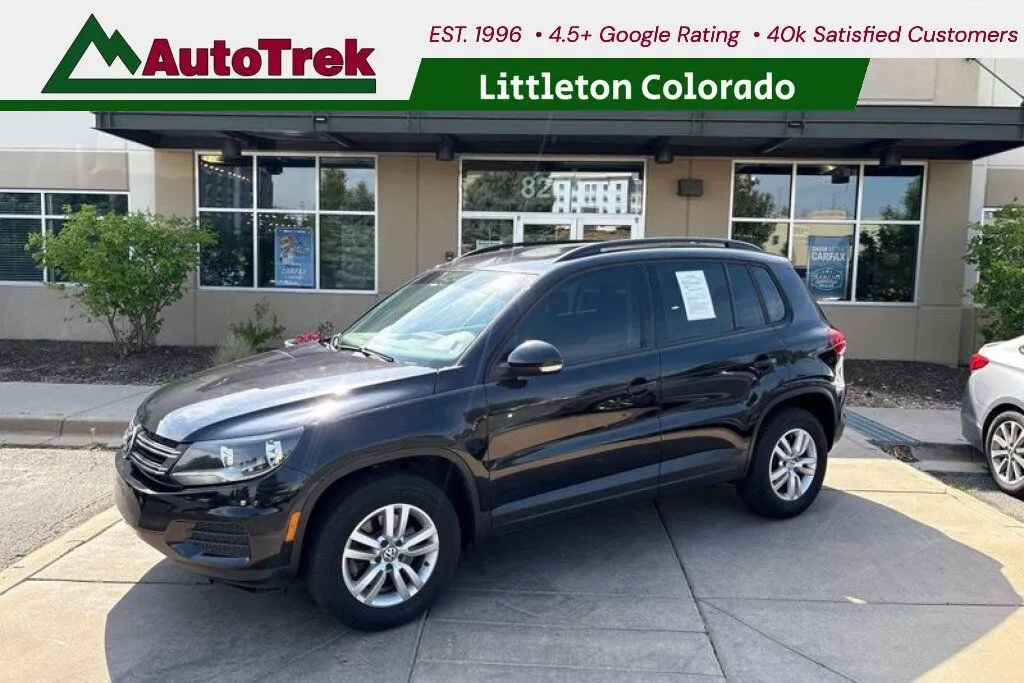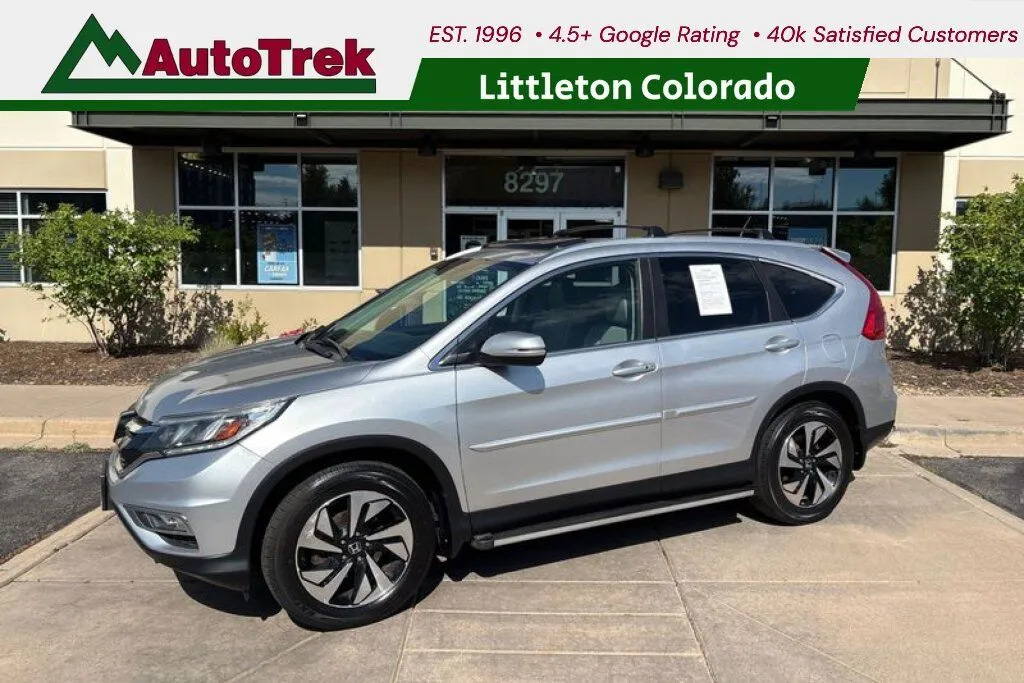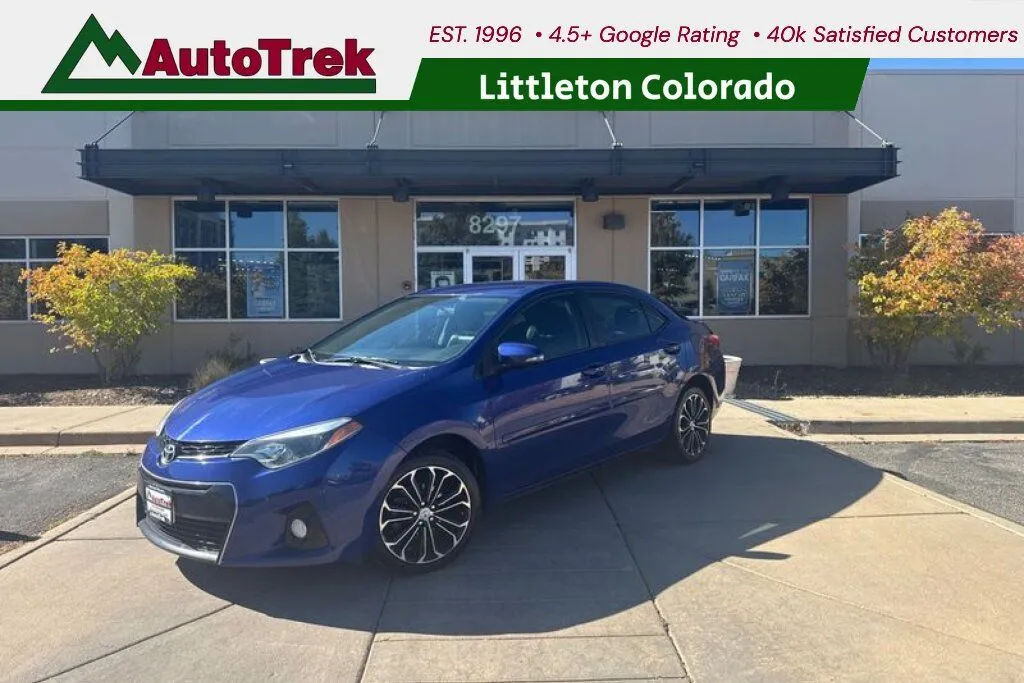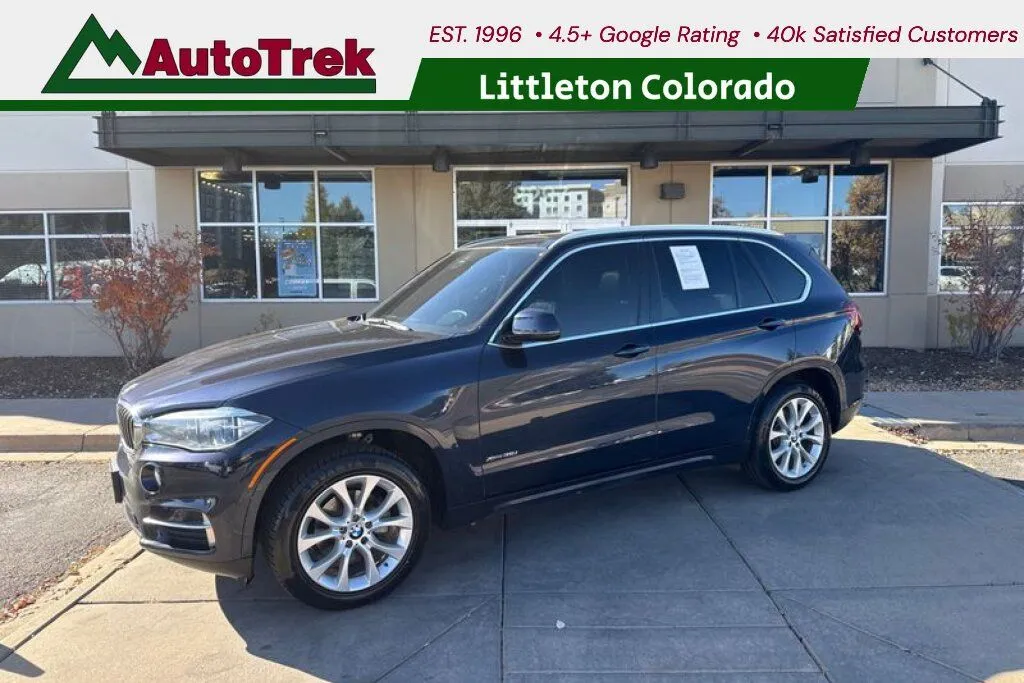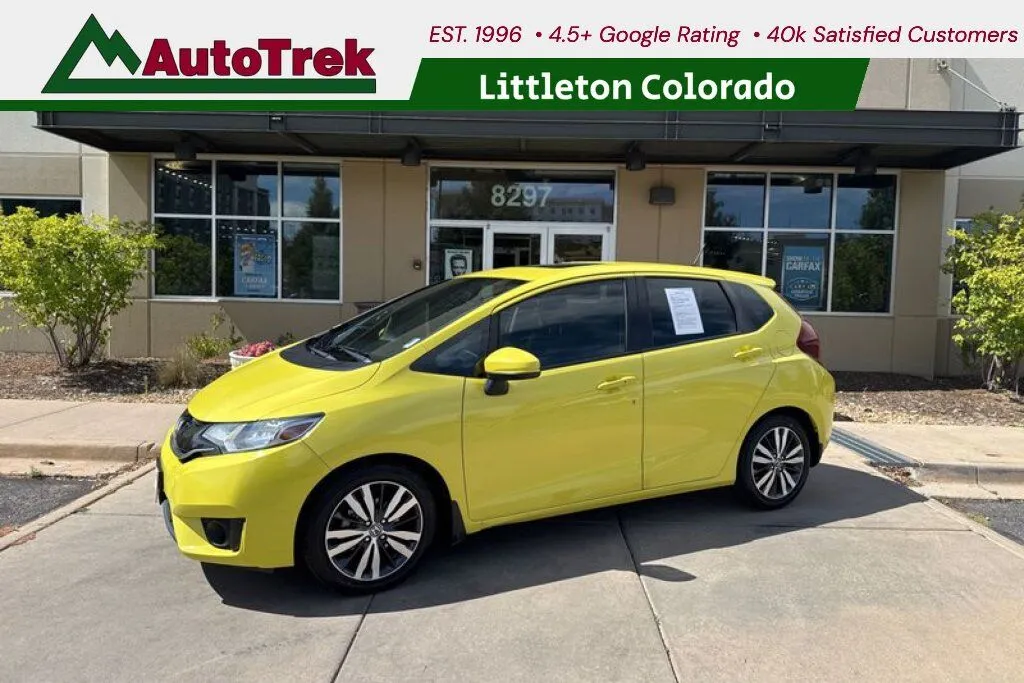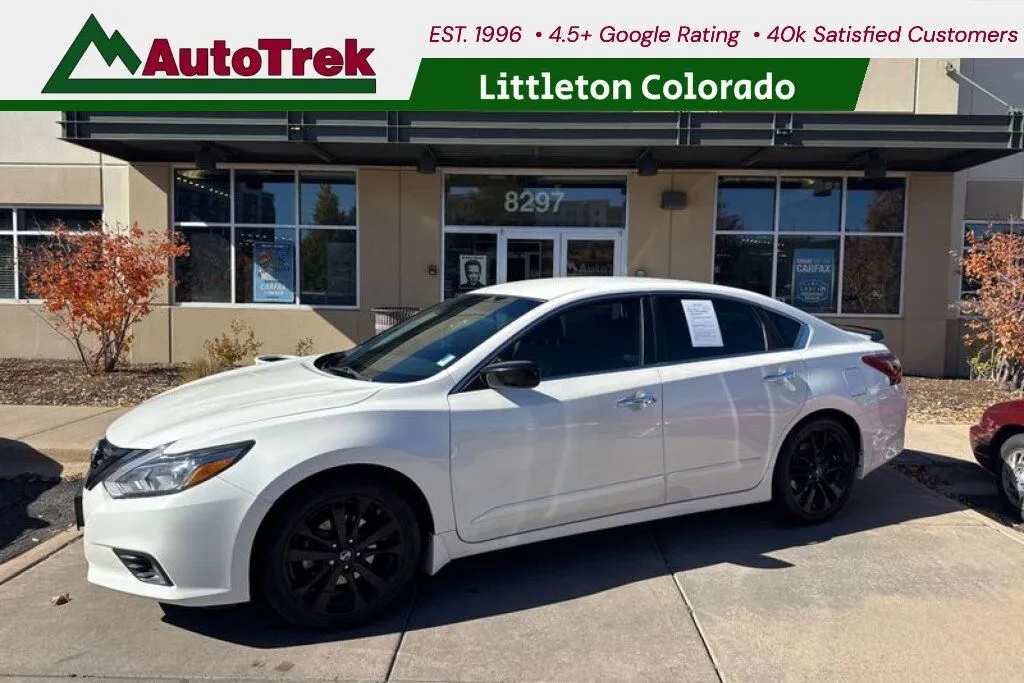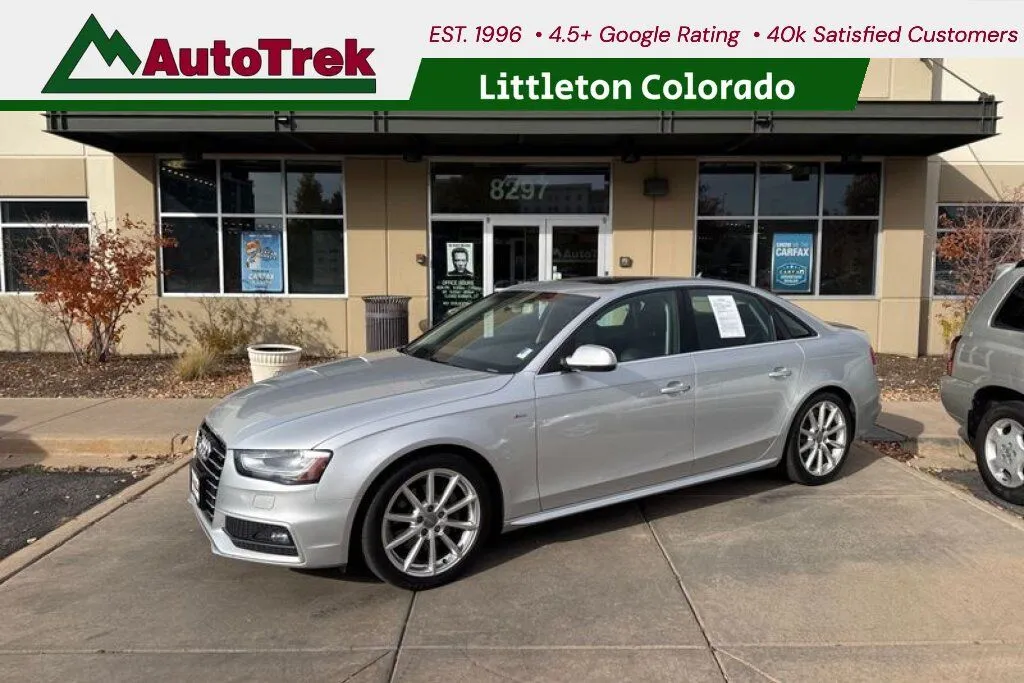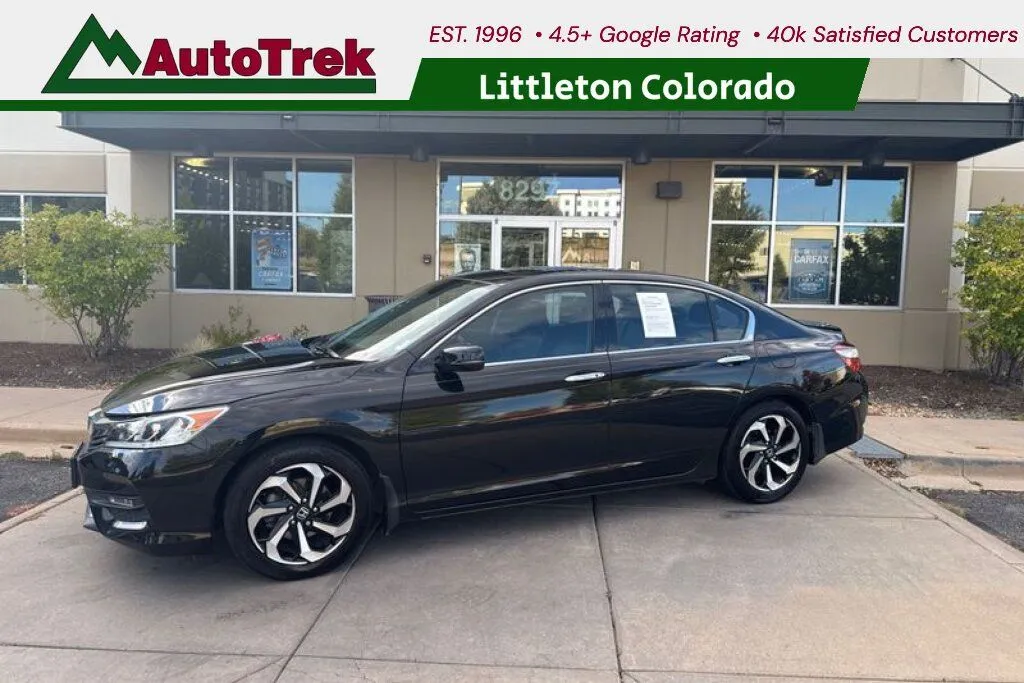Certified Vs. Non-Certified Used Cars: What’s The Difference?
Weighing certified vs. not certified used cars? You are really comparing two different buying experiences, two types of protection, and two total-cost stories over the next few years. One path leans on factory-backed checks and warranty support. The other bets on a lower price today and your own diligence. Both can be smart. The right choice depends on your budget, risk tolerance, and how long you plan to keep the car.
What Certified Means
Certified usually refers to a manufacturer’s Certified Pre-Owned (CPO) program sold through franchised dealers. These cars are recent model years with mileage limits, clean titles, and no major accident history. They are inspected against a long checklist that covers mechanical systems, safety gear, electronics, wear items, and cosmetics. If parts are out of spec, they are repaired or replaced before the car is offered for sale.
The result is a car that meets the brand’s standards and qualifies for program benefits. Not all certifications are equal, though. A true manufacturer CPO program is different from a store’s in-house certification that might just be a light inspection. Ask for the full checklist, what was repaired, and who stands behind the warranty.
What Non-certified Usually Covers
Non-certified is a wide net. It includes dealer trade-ins that did not or could not qualify for CPO, cars at independent lots with their own inspection process, and private-party sales from individual owners. You can still find gems here. You will also see more variance in condition, service history, and reconditioning quality.
Pricing tends to be more attractive upfront because there is no program cost or extended factory warranty baked in. The tradeoff is you carry more risk unless you add your own safeguards like a pre-purchase inspection and an extended service contract.
Warranties and Roadside Help
Warranty coverage is the headline difference in non-certified and certified used cars for sale. CPO programs add a manufacturer-backed warranty that often extends the powertrain and sometimes the bumper-to-bumper coverage for a set time or mileage. Perks like roadside assistance, rental reimbursement, and trip interruption are common. That support can turn a bad day into a phone call and a tow.
Non-certified cars are typically sold as-is or with limited short-term coverage. Some may have remaining factory warranty by age or mileage, and some dealers offer third-party plans. Read the contract fine print, check deductibles, and confirm which components and labor rates are covered.
Inspection Depth and Reconditioning
A CPO inspection list can stretch past 100 items. Beyond a scan tool check and a test drive, techs measure brake life, tire tread, rotor condition, fluid quality, filter age, leak points, suspension wear, battery health, and cosmetic standards for glass, paint, and interior. Reconditioning brings the car up to spec with OEM or approved parts.
Non-certified inspections range from solid to superficial. Independent shops may do strong work, but standards vary and cost pressures can limit how much is replaced before sale. Your best defense is documentation. Ask for the inspection sheet, invoices for reconditioning, and the Carfax or equivalent. If details are vague, budget for a third-party inspection of your own.
Financing and Rates
Another angle is financing. CPO vehicles sometimes qualify for promotional rates or better terms through captive lenders. That can narrow the gap between a higher sticker and total cost over time. Non-certified deals can still be competitive, especially if you are a credit union member or bring a pre-approval.
Remember to compare APR, term length, total interest over the life of the loan, and any warranty plan rolled into the payment. A slightly higher rate on a lower-priced non-certified car might still win in total outlay.
Pricing and Depreciation
CPO inventory usually carries a premium because of the program fee, deeper reconditioning, and added protection. You pay more today for a car that has been vetted and is covered tomorrow. Non-certified options usually list lower and leave headroom for negotiation or setting aside funds for maintenance and repairs.
Think in terms of total cost of ownership. If a CPO warranty covers a transmission repair that would have cost four figures, the premium can look like a bargain. If you buy a well-kept non-certified car, bank the savings, and encounter only routine wear, you come out ahead.
Who Should Buy Certified
Certified fits shoppers who want late-model features and tech, prefer warranty backing, and dislike repair surprises. It suits buyers planning to keep the car through the CPO term, commuters who rack up miles, and anyone who values roadside assistance and rental coverage. It also works well for brands with strong CPO perks or historically pricey parts, where protection carries extra weight.
Who Should Buy Non-certified
Non-certified suits value hunters who are comfortable evaluating condition and service history. It favors buyers who drive fewer miles, plan a shorter ownership window, or prefer to maintain cars with a trusted local mechanic. It also works for enthusiasts chasing specific trims or options that rarely appear in CPO pools, or buyers who want to avoid the program premium and put savings into maintenance, tires, and a rainy-day fund.
How to Vet a CPO Car Smartly
Ask for the full CPO checklist with pass or fail marks and dates. Request the reconditioning invoice and parts list. Verify in-service dates to understand how much factory warranty remains and how CPO coverage stacks on top. Confirm deductibles, transferability, and the nearest dealer authorized to perform CPO work.
Take a test drive cold and at highway speed. Listen for suspension noise, feel for shift quality, and check all features. Even good programs benefit from a careful buyer.
How to De-risk a Non-certified Buy
Start with a detailed history report and read every line, not just the score. Look for regular oil changes, coolant and transmission services, and consistent mileage entries. Pay for a pre-purchase inspection at a shop you choose. Ask the seller to hold the car while the inspection is done.
Use findings to negotiate or walk away. Price tires, brakes, fluids, and the next scheduled service and add that to your mental cost. Consider a reputable third-party service contract if the car is newer with reasonable miles and passes inspection.
CIADA Certified Used Cars in Littleton, CO
Shop with AutoTrek, a family-owned used car dealership in Littleton, CO serving drivers since 1996. Our CIADA Certified Pre-Owned selection brings added peace of mind with a clean title guarantee, a free CARFAX report, and nationwide roadside assistance on qualifying vehicles. Every CIADA Certified car is vetted through a rigorous inspection and backed by a Worry-Free Limited Powertrain Warranty for 1 year or 12,000 miles.
Prefer a quick, low-pressure experience? Browse inventory, get fair pricing guidance, and keep your favorite credit union for easy financing. Ready to drive home confident? Look for the CIADA Certified logo on our vehicles and get started today.


